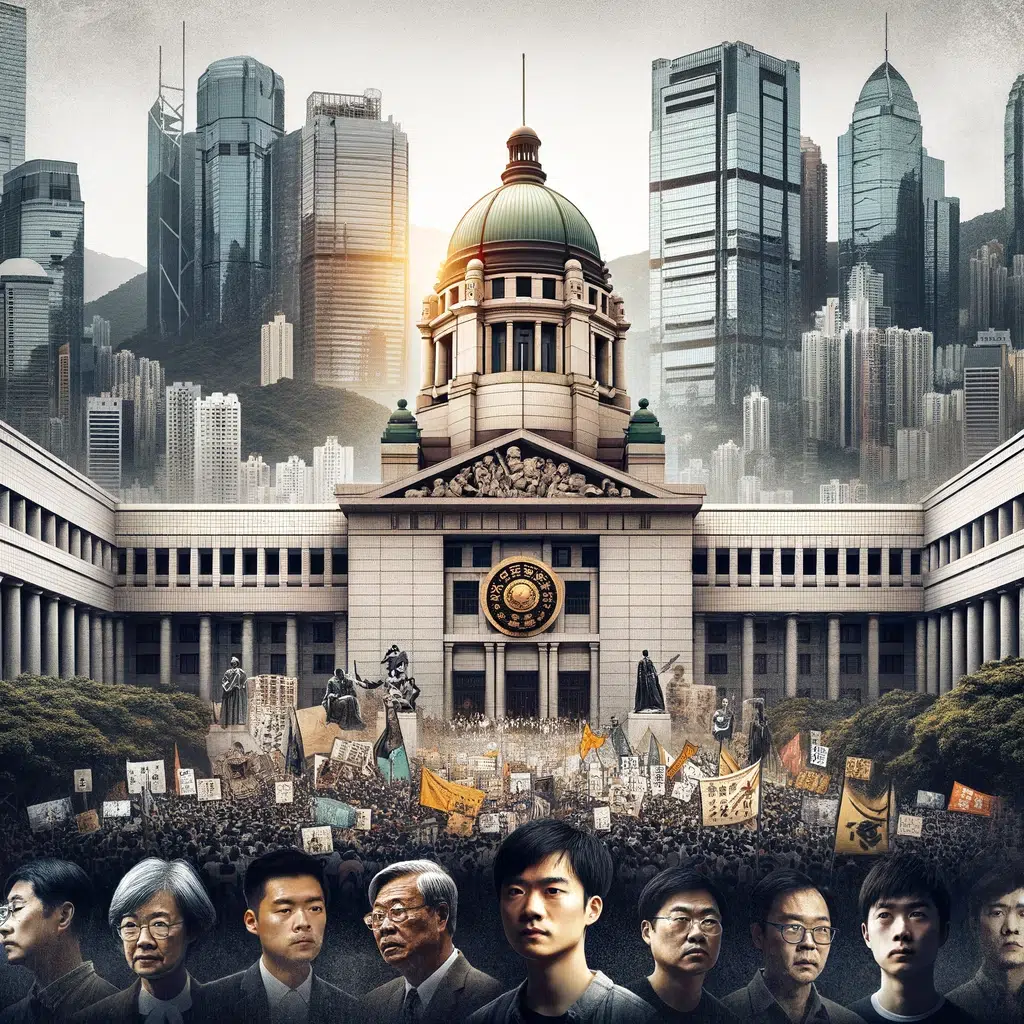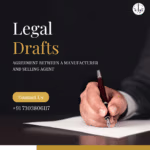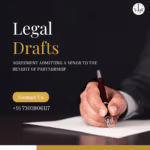Hong Kong Activists Secure Right to Appeal: A Landmark Case for Freedom of Assembly

In a significant development, the Hong Kong Court of Appeal granted seven activists, including notable figures like Jimmy Lai and Leung Kwok Hung, the right to appeal against their conviction for participating in an unauthorized assembly. This decision marks a pivotal moment in the ongoing struggle for civil liberties in Hong Kong.
The crux of the activists’ appeal is the concept of operational proportionality – a principle that assesses whether public officers disproportionately interfered with individuals’ freedom of assembly. This notion is not new; it was recognized by the UK Supreme Court in 2021 during protests against arms trade, acknowledging its relevance to the rights to freedom of expression and peaceful assembly as per the European Convention on Human Rights.
The activists argue that the delayed enforcement at the time of the offence constitutes operational disproportionality, thereby providing them a statutory defence of lawful excuse. This argument is grounded in the belief that the freedom to assemble should not be unduly hindered by state apparatus, especially in situations where public response is measured and non-disruptive.
This case traces back to August 2019, when the Civil Human Rights Front (CHRF) proposed a procession against police brutality. The police’s refusal to permit the procession but allowing a fixed-location assembly led to the innovative “water flow” strategy by CHRF. However, the court later interpreted this as a tactic to circumvent the ban, resulting in the conviction of the activists.
In a parallel development, the court dismissed the government’s appeal against the decision to overturn the activists’ convictions. The government challenged the court’s interpretation of “organising” an unauthorised assembly. The court, however, held that the government was attempting to dispute the factual findings of lower courts without substantiating how the interpretation deviated from established legal principles.
The decision to grant an appeal is a beacon of hope for many in Hong Kong who view the right to peaceful assembly as a fundamental democratic right. It underscores the need for a balanced approach that respects both public order and individual liberties.
As the case progresses to the Court of Final Appeal, it is poised to become a landmark in Hong Kong’s legal history. It will not only determine the fate of the seven activists but also set a precedent for how freedom of assembly is interpreted and protected in Hong Kong.
This case is a reminder of the delicate balance between state authority and individual freedoms. It highlights the importance of judicial independence and the role of courts in safeguarding civil liberties against excessive state control. The outcome of this appeal will be closely watched by international human rights observers and could have far-reaching implications for civil rights advocacy in Hong Kong and beyond.



